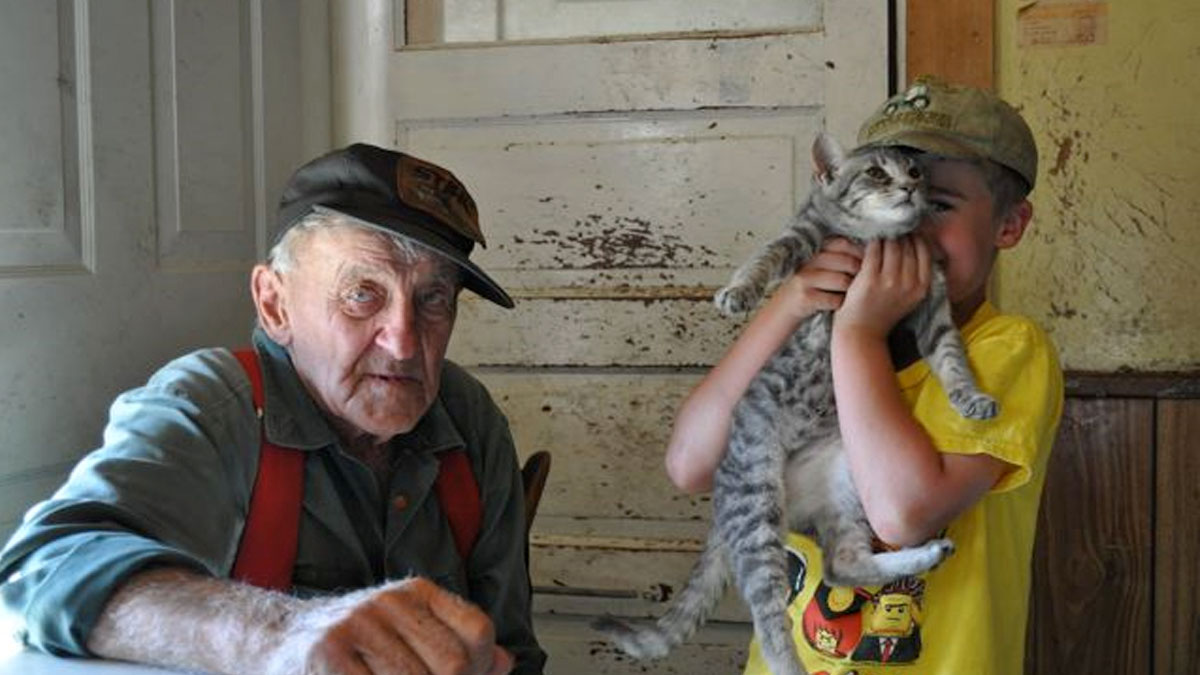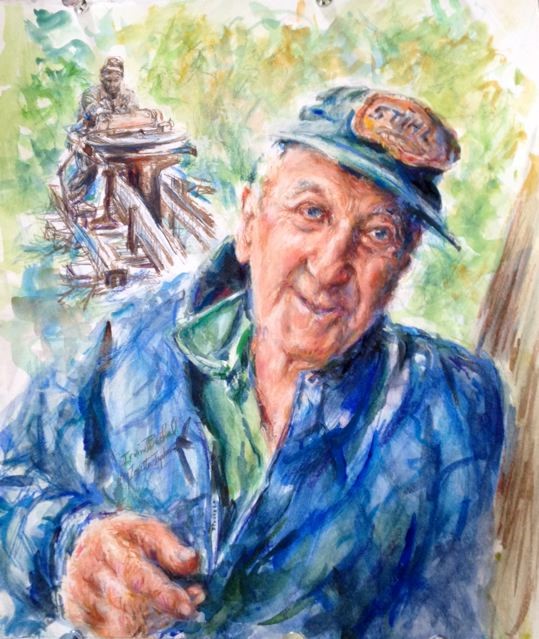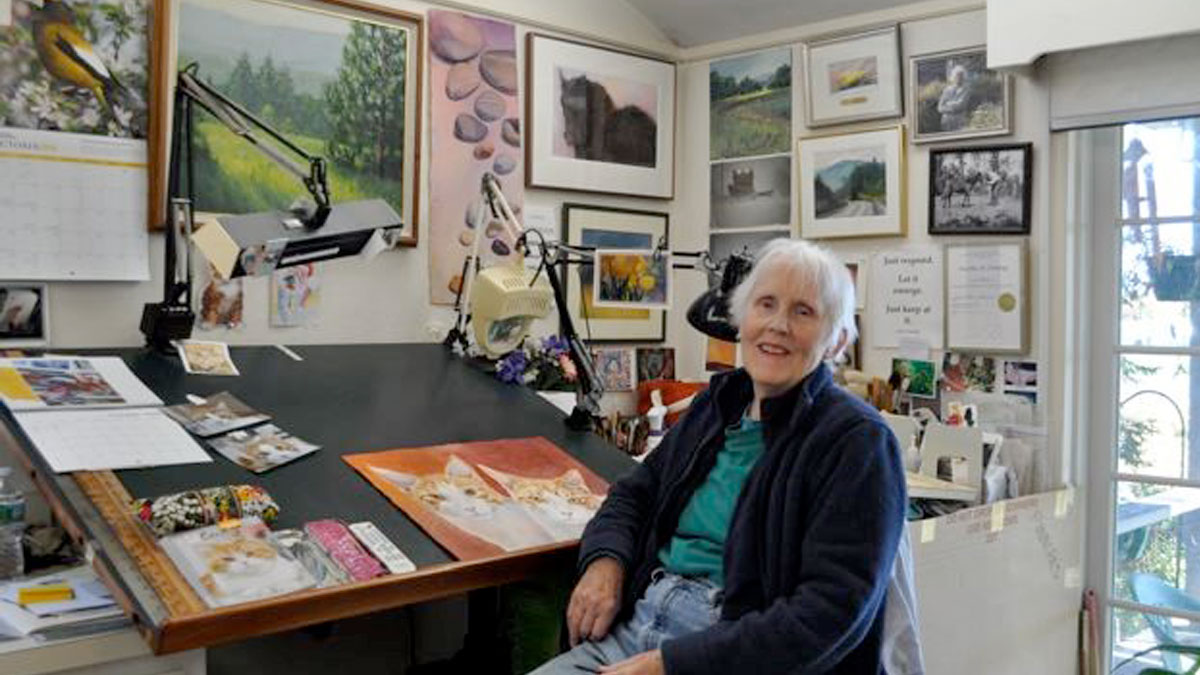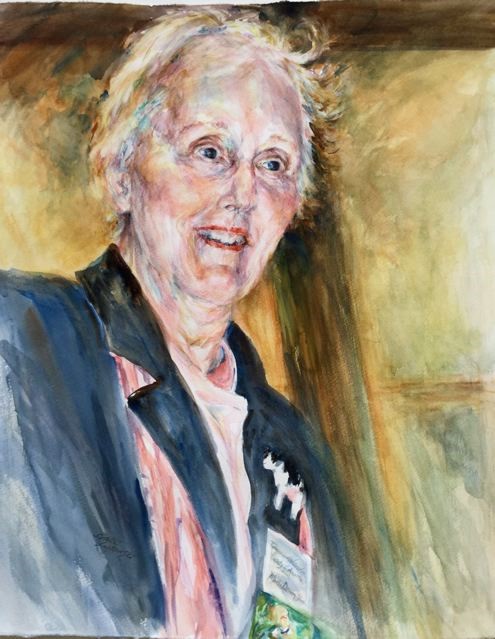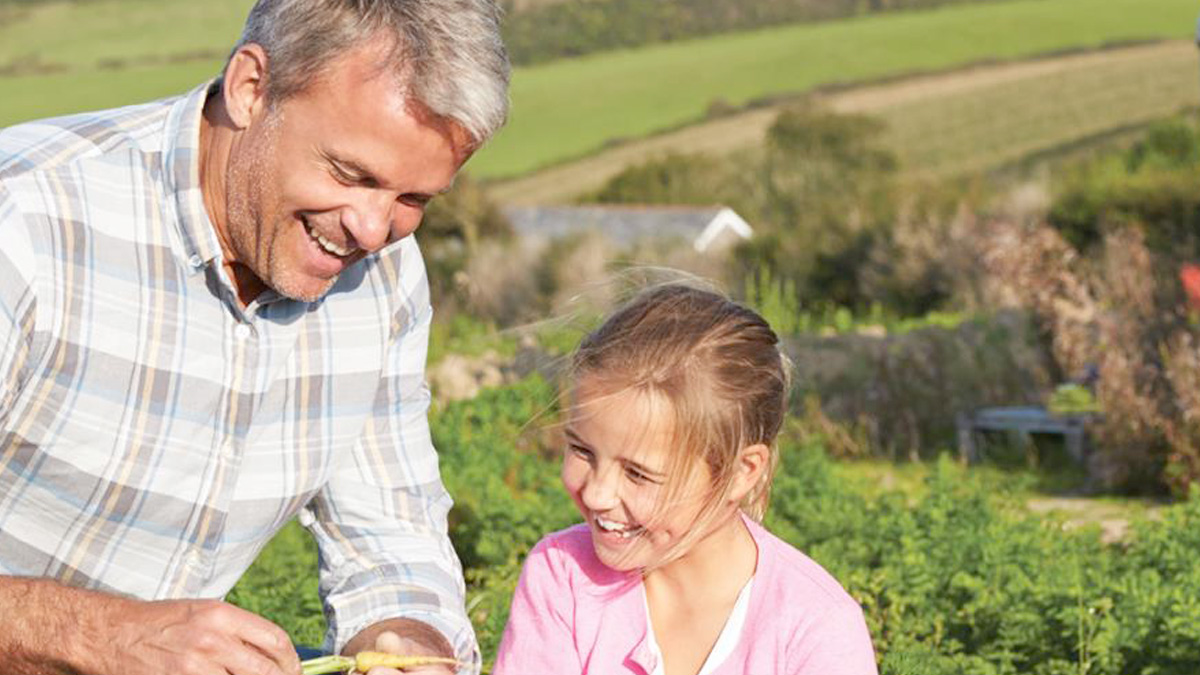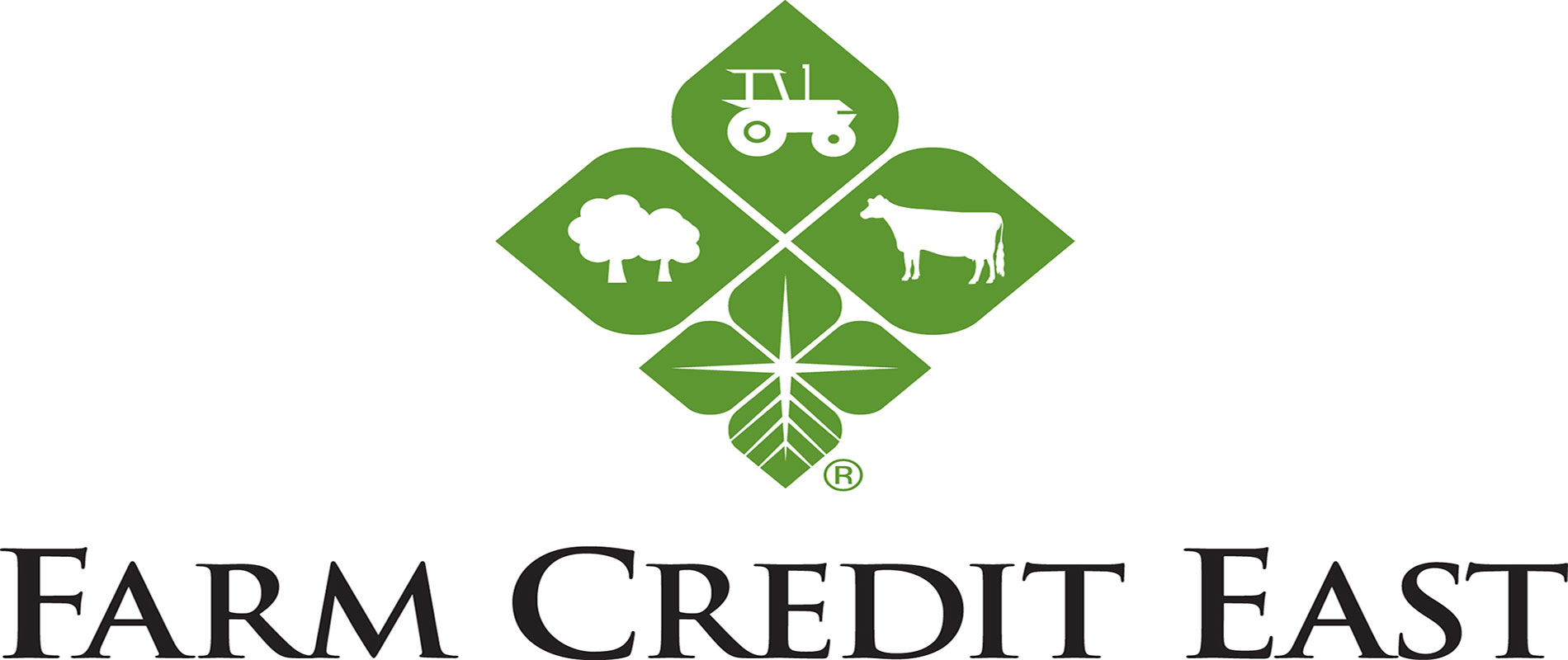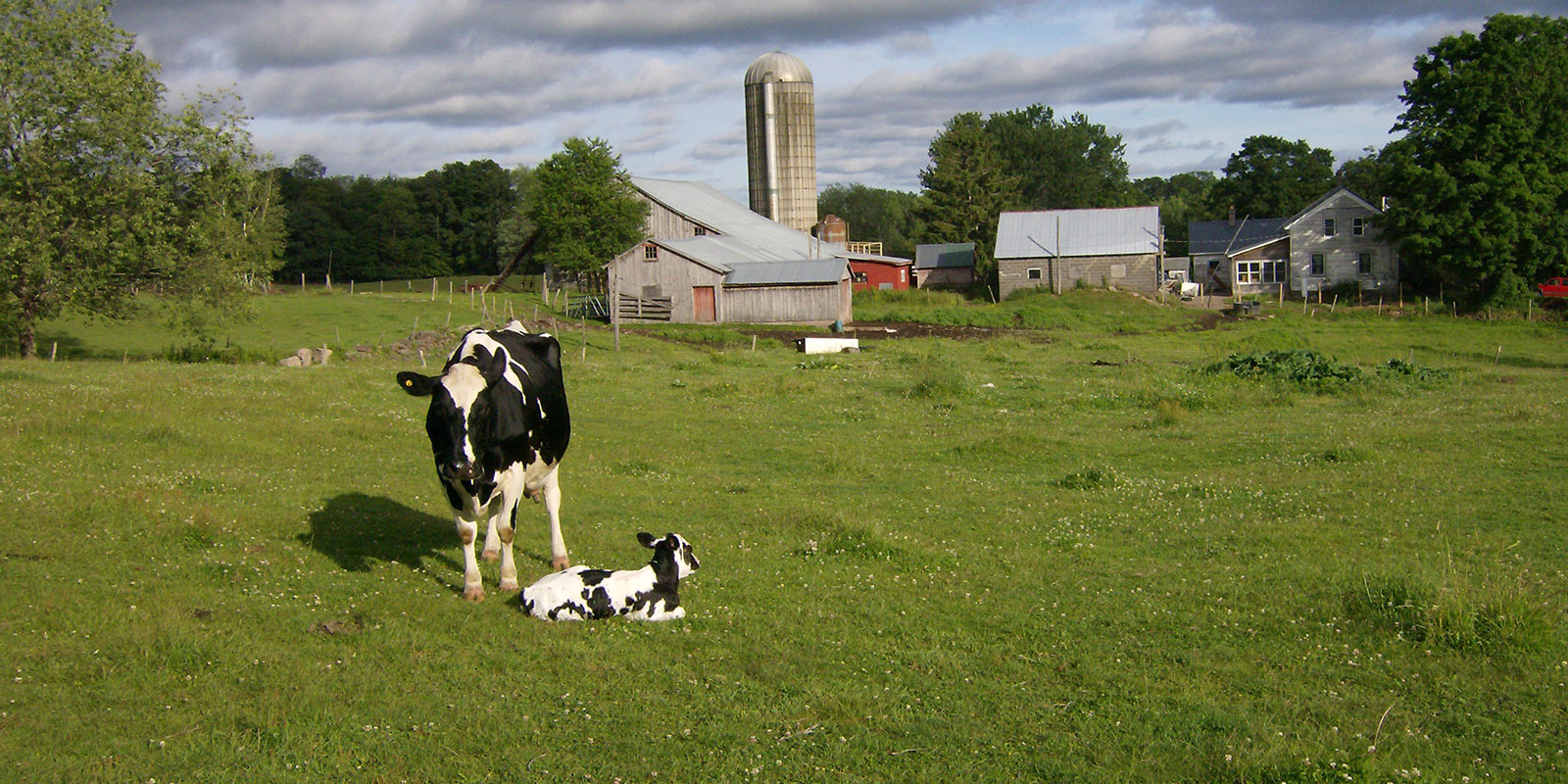Our Lifestyle is impacting the lands and waters we love
Guest post by: Meredith Davison, Tug Hill Tomorrow Land Trust Communication & Marketing Director
Where’s your favorite place outdoors? Is it down by the river? In the woods? Maybe it’s the local farm down the road where the cows fan out after milking on spring days?
The lands and waters you love need you as never before. That’s why it’s so important that we all step up and do something good for the environment we share.
Reflecting on this, do you wonder sometimes, like I do, where to start? Or, maybe you don’t have the time to volunteer or funds to donate? There’s still a lot you can do.
I thought i’d share some things that I have found helpful.
Let’s start with reducing the pollution that is warming our world and changing the climate. The amount of greenhouse gas pollution continues to rise, with the  impacts being felt by all of us, but especially by farmers. Flooding, late crop plantings, erratic weather and increased blights are impacting food sources.
impacts being felt by all of us, but especially by farmers. Flooding, late crop plantings, erratic weather and increased blights are impacting food sources.
It’s also impacting wildlife. If we don’t get the climate polluting gases under control in the coming years, we could lose millions, even billions of birds. For us, that means a loss in pest control, public health, seed dispersal, and ecotourism, just to name a few.
I’ve wanted to figure out how we can help. Carbon dioxide, one of the key climate polluting gases, is often emitted by the burning of fossil fuels to create a product, undertake an activity or by transportation. The U.S. contributes to 25% of the world’s greenhouse gasses and the average American buys items that result in 20 tons of carbon dioxide each year.
Why do we care about this? The earth and our ecosystems are changing in extreme and undesirable ways. Altering landscapes, warmer temperatures, wildfires, displaced wildlife and even wildlife on the verge of extinction are all current effects taking place.
Nothing separates us from our unity with, and the need for, a healthy well-balanced environment. Not religion, politics, economic status. Nothing. If you like fresh air, this matters to you. If you enjoy traveling, nature, scenic views, clean water and wholesome foods, this matters to you.
So here are some easy things I have found that I can do, and I thought maybe you could too:
- Stay away from using single-use plastic bags and water bottles as much as possible. Most everything you use a plastic bag for can be substituted with glass containers, mesh bags, canvas bags, or biodegradable bags made of hemp or paper. And, using a reusable aluminum or steel bottle reduces the landfill and recycling burden while also saving you money. There are so many statistics regarding the negative and harmful effects of plastics if you just research it. Plastics are choking the oceans—and right here on Tug Hill you see them tangled in our fields and woods.
- Think before you buy. Consider thrift shopping or antiquing, and any product that can be recycled – recycle it. 20-50% of everything we buy ends up in a landfill. I ask myself, do I really need this item that will one-day end up in a land fill? How can I find joy in re-purposing furniture, clothing, and house-hold items?
- Turn off the tap. By doing this when brushing your teeth or washing your hands, it saves an average household 10 gallons of water a day. While we have a lot of water here in Tug Hill, we need to treasure clean water. Periods of summer droughts, followed by heavy downpours, are predicted to increase with climate change.
- Ride a bike, walk, or carpool when possible. Doing this reduces the amount of fuel burned and CO2 emissions in the atmosphere. Yes, I get it. It’s not easy in a rural area like ours. But we can still pitch in when we can and at the least consider transportation impacts. I have found it’s actually fun to think about how I can do this more.
- Shop what’s in season at local markets (and grow your own garden). Food in the grocery store travels an average of 1,500 miles to reach your plate—using a lot of gas (if trucked) to get it here. Buying (or growing) local food benefits your health, reduces CO2 emissions from reduced gas usage, and gives an important boost to local farmers and the local economy. I love this about Tug Hill. We have such great farms, you can find local farmer’s markets near you.
- Compost. Composting keeps biodegradable materials out of landfills and promotes healthy plants by creating nutrient rich soil – reducing use of pesticides and fertilizers in gardens. Methane gas is released when food isn’t composted—a powerful greenhouse polluting gas. You can make a big difference by composting common kitchen waste (like coffee grounds, tea, egg shells, and fruits/veggies) in your own backyard. I admit this is a challenge depending on where you live but I have started with a small bin in my backyard and, there are indoor compost bins as an option for those who may not have a yard.
- Plant Trees. Trees can absorb a tremendous amount of carbon dioxide emissions. If you don’t have resources to plant a tree, there are many organizations you can volunteer with or donate to that are aiming to erase carbon emissions and improve the environment by planting trees. You can even plant trees in someone’s honor – making for a wonderful gift in lieu of traditional presents. I don’t have a way to plant trees where I live but I have found planting trees in someone’s honor through other organizations does make a personal and unique gift.
Together, we can all make a difference. I encourage you to research and learn as much as you can about greenhouse gases, carbon dioxide and climate change so you can decide for yourself what is at stake and ways you can improve your daily routine to benefit yourself, and the environment world-wide. Your lifestyle is the one variable you can control that impacts our ecosystems.
On behalf of the farms, wildlife, people and places you love—and future generations – please, start where you are and do what you can manage. For those of us who love Tug Hill, it’s part of what we can do together.
I’d love to hear from you…
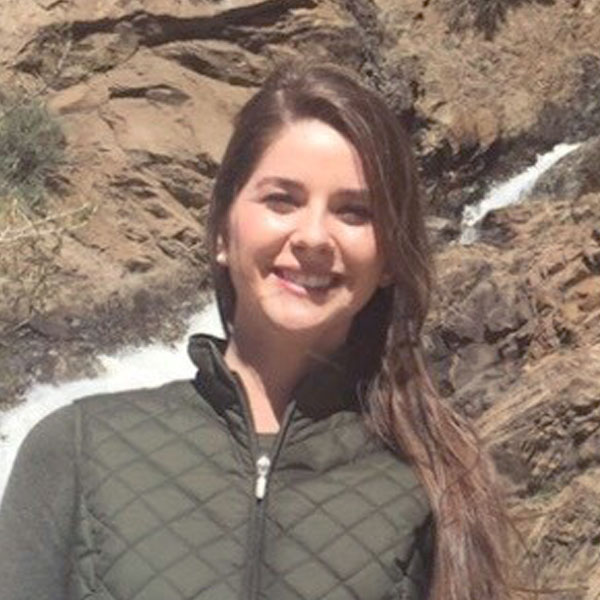
For tips and encouragement on being a good steward of the environment and living a lifestyle rich of environmental-mindfulness, connect with me (Meredith) at mdavison@tughilltomorrow.org or 315-779-8240.
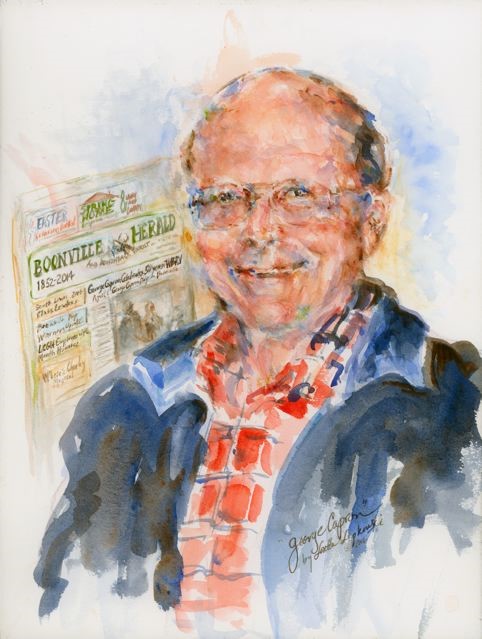
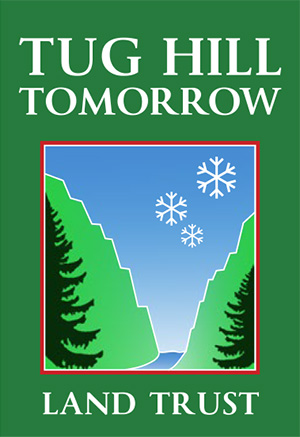

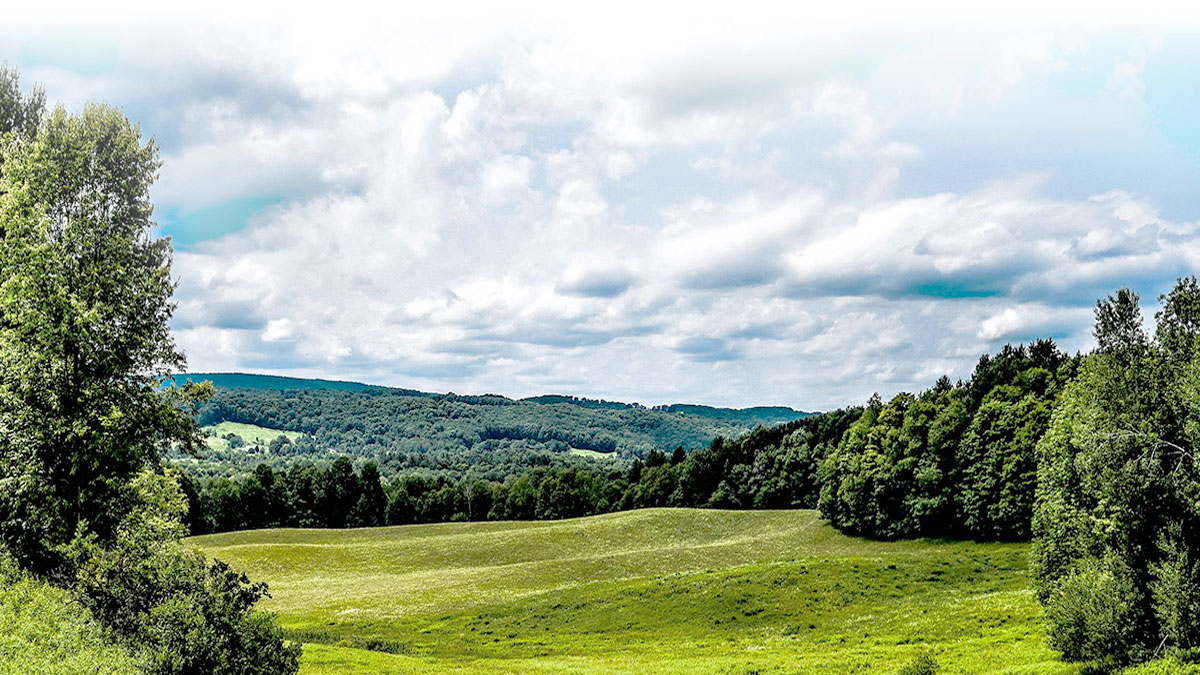
 impacts being felt by all of us, but especially by farmers. Flooding, late crop plantings, erratic weather and increased blights are impacting food sources.
impacts being felt by all of us, but especially by farmers. Flooding, late crop plantings, erratic weather and increased blights are impacting food sources.


